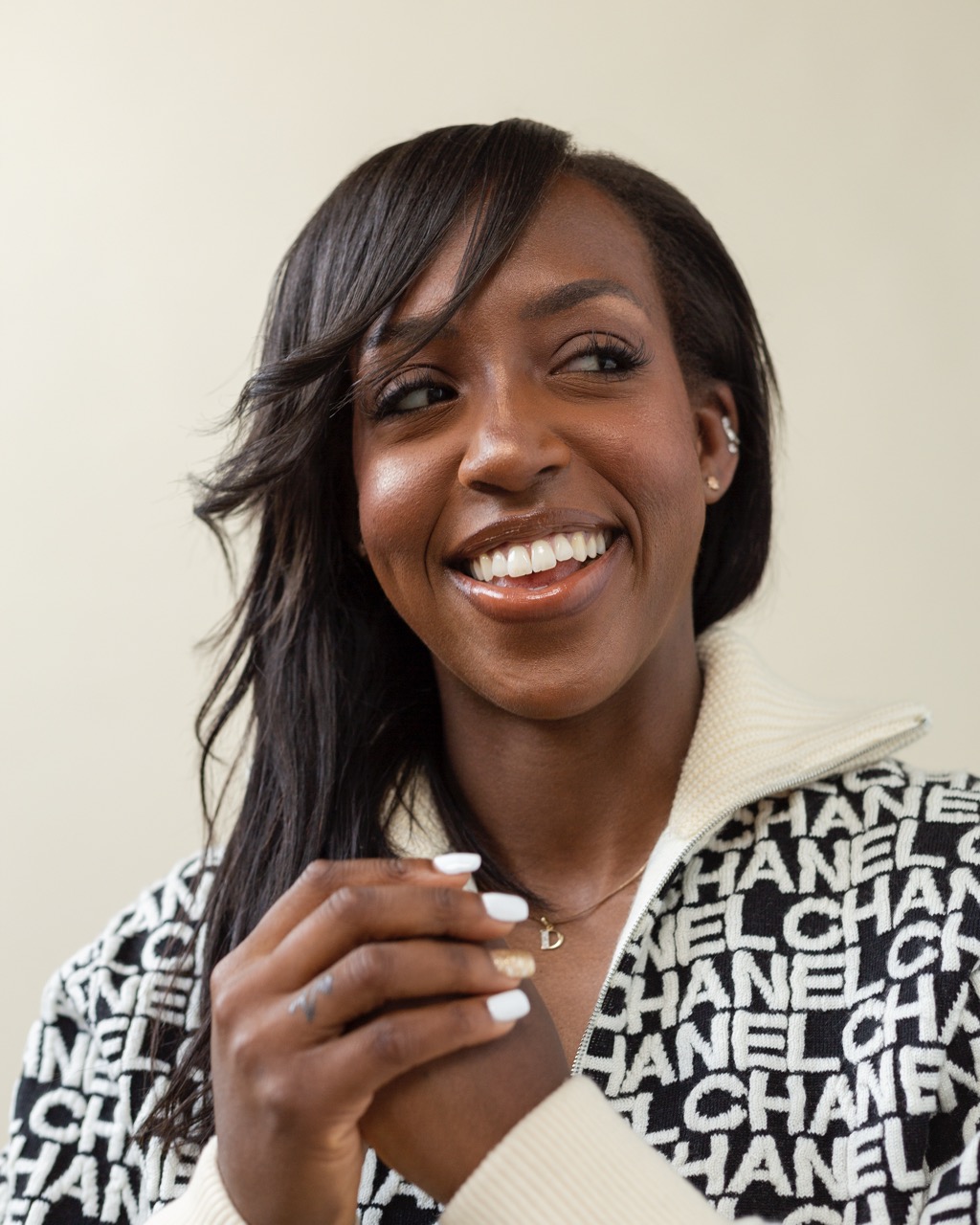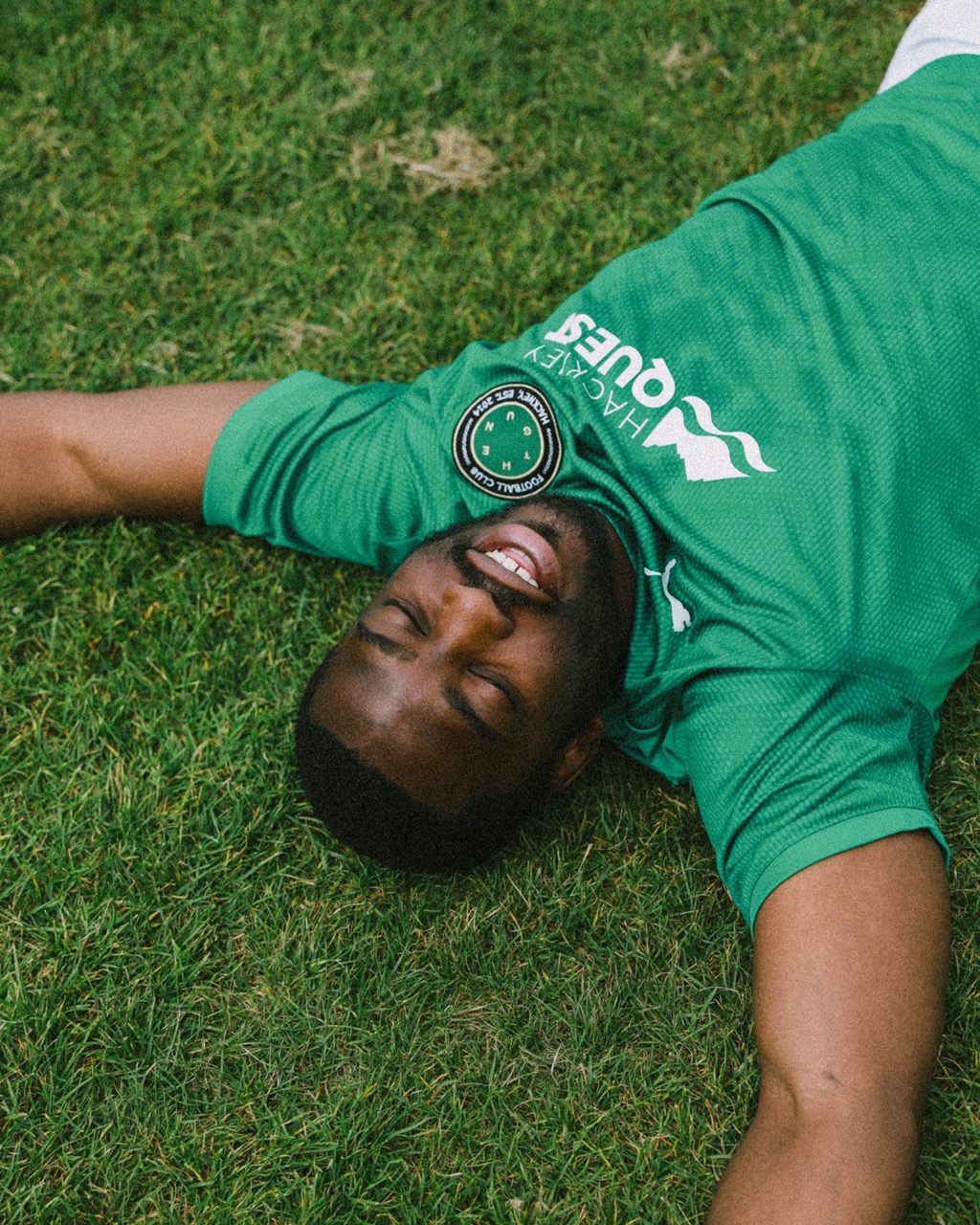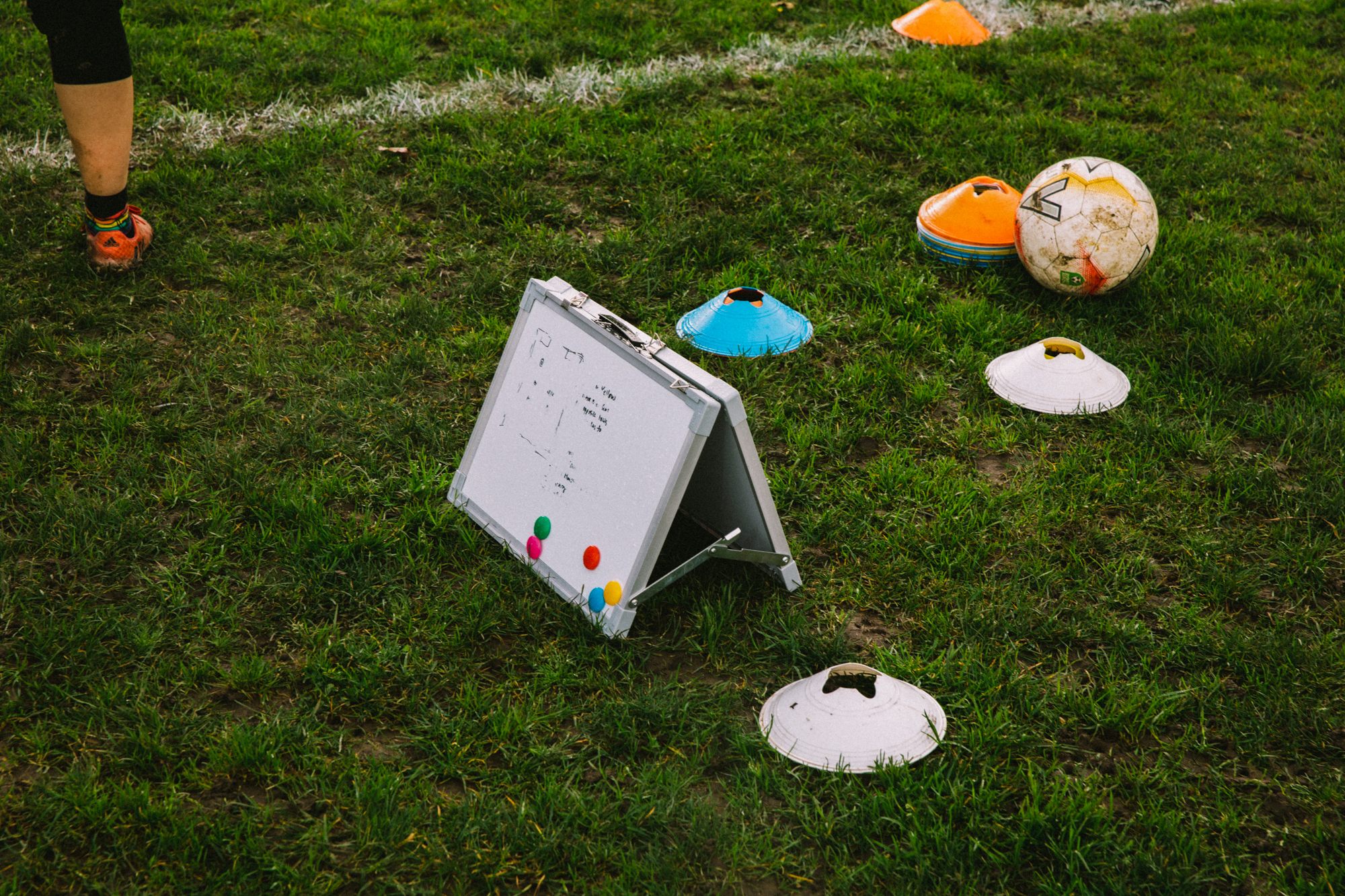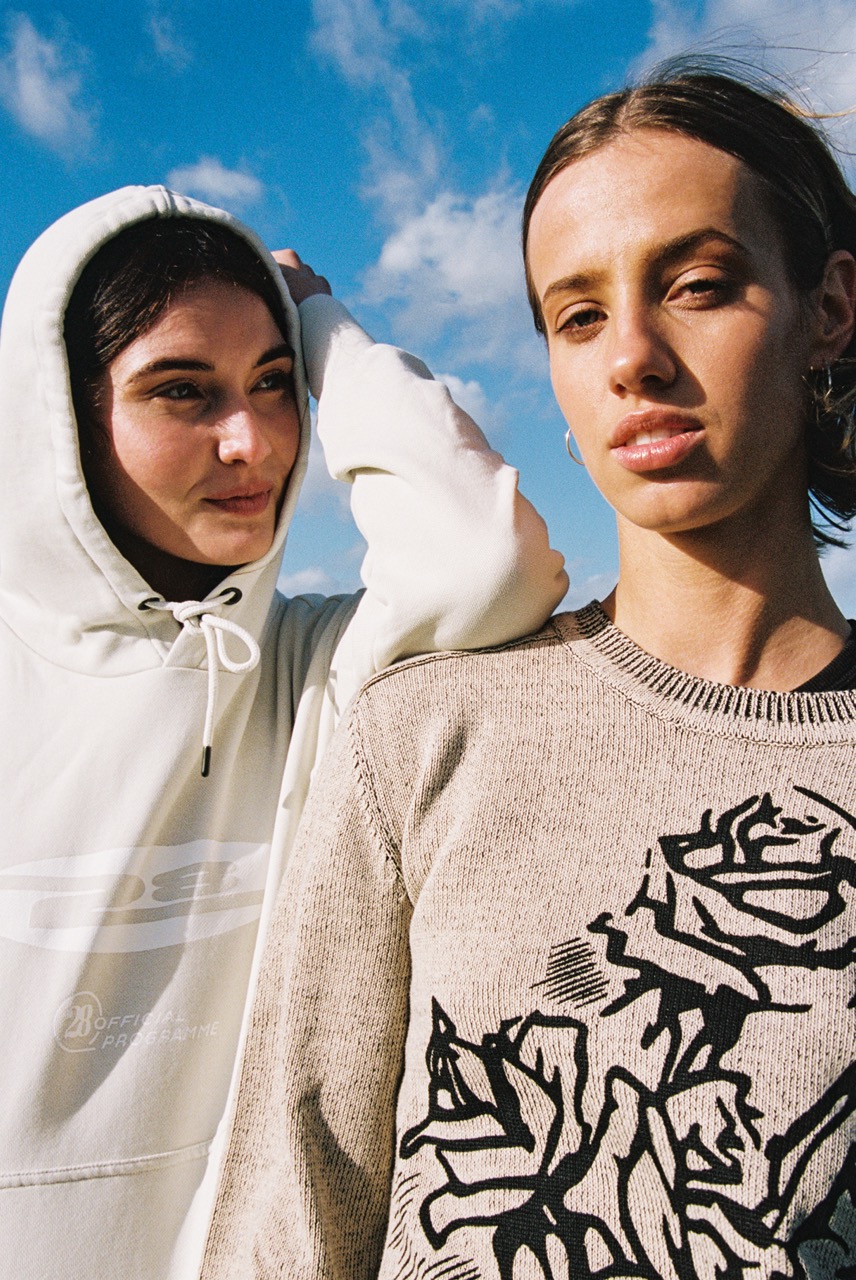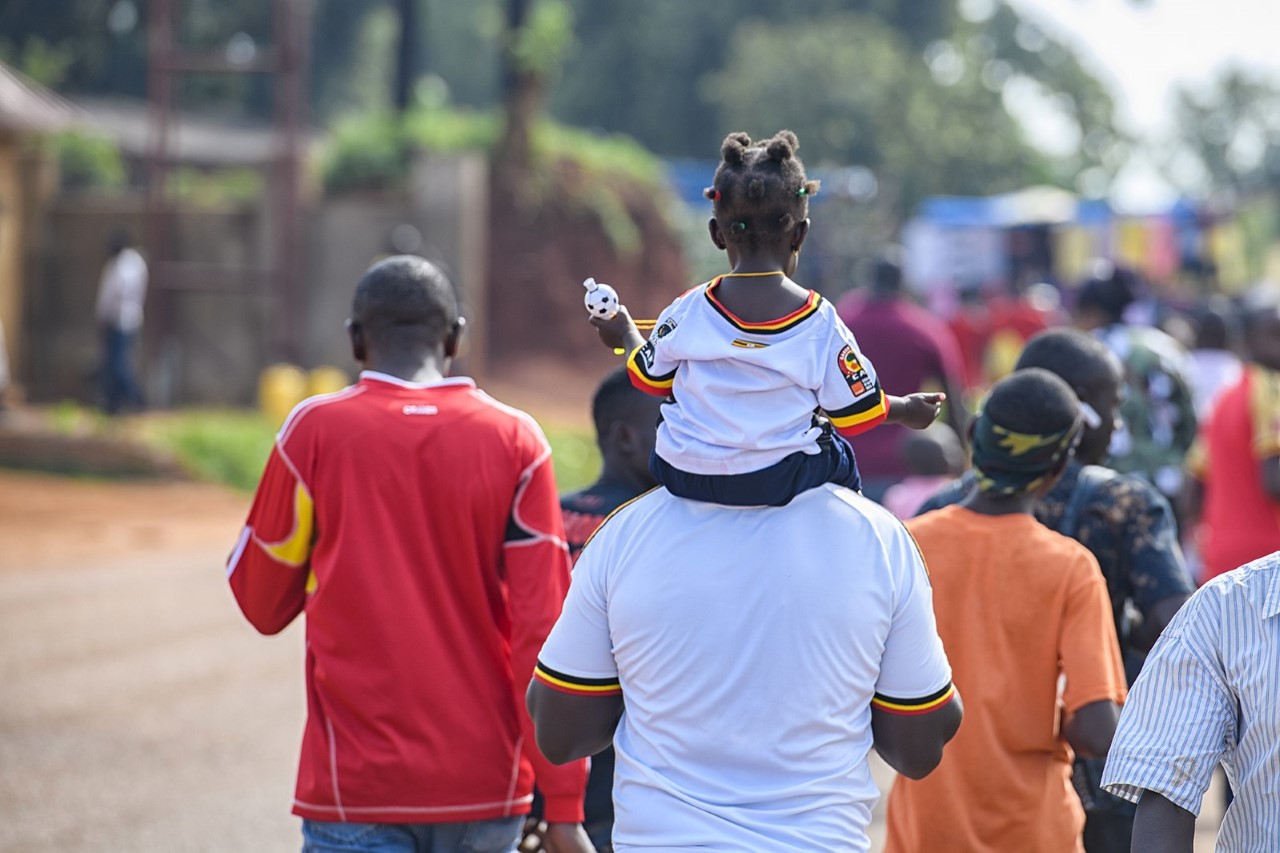Danielle Carter: The Striker from East London has fully recovered from a life-changing injury she sustained whilst playing for Arsenal and England. A year into her contract at Brighton & Hove Albion, the 29-year-old aspires to help them rise up the league table.
You have been with Brighton & Hove Albion for almost a year now. How have you settled into your new club, and what is it like working under the leadership of Hope Patricia Powell CBE?
I’ve really enjoyed my first year at Brighton, I think I’ve settled in really well. All the girls have been great, and the staff have been amazing. Working under Hope, I respect her highly. You know, I respect the job she’s done with Brighton as a club, the players she’s got and how she is improving individuals and the team as a whole.
Brighton has so much going for them, including their new state-of-the-art performance centre. But this past season has proved the club’s tendency to be inconsistent. What does the team need to do to move beyond 7th position in the table?
Yeah unfortunately we have been very inconsistent this year. To be fair, not too dissimilar from last year’s performance, points-wise. But in terms of how we started the season, and the points that we’ve dropped against teams we shouldn’t really have dropped points to, it’s quite disappointing, the position we have finished in.
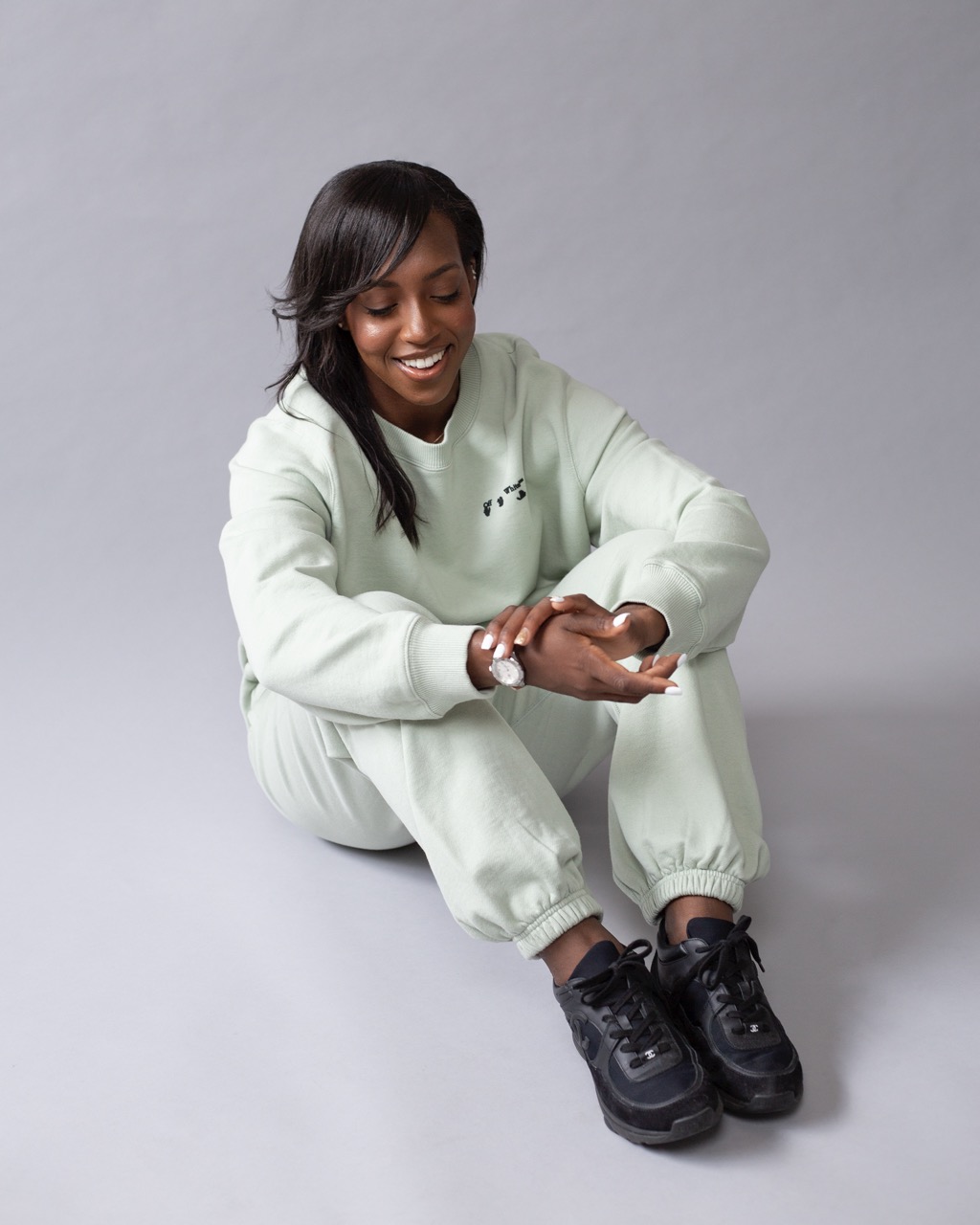
You ruptured the anterior cruciate ligament in your knee twice within 14 months, ending your eleven-year tenure at Arsenal. You have described the second injury as ‘life-changing’. Has the injury led you to grow and develop in new and unexpected ways?
I’d say both injuries were definitely life-changing for me. The first one, obviously I didn’t know what to expect and it was my first serious injury. So that was completely life-changing, I had to deal with emotions that I have never had to deal with before. The second one I would say was even harder. Because I knew what was to come, and having done it in such quick succession, I definitely had to dive deep both mentally, emotionally, and physically, to overcome that one.
You played for Reading after recovering from your knee injury. To return to football after such a serious injury must have required incredible mental strength. Tell us more about how you found Reading and how you managed this transition.
I will forever be grateful to Reading for taking me on after those serious injuries. Ultimately it didn’t work out for me at Reading which is why I moved on so quickly. But I really do appreciate both Phil and Kelly for giving me the opportunity to play in the top flight again after those injuries.
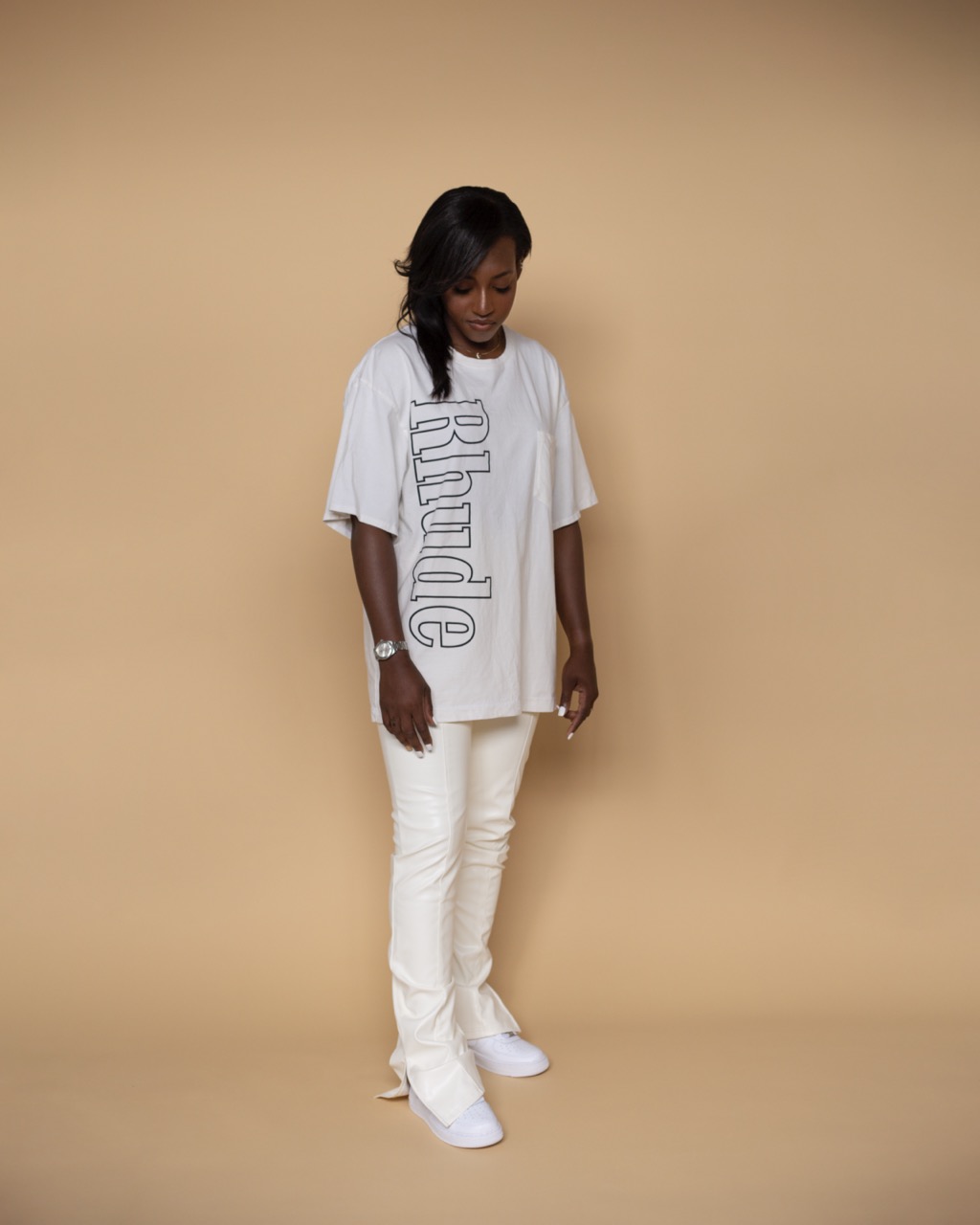
What more can be done in Women’s Football to improve rehabilitation? Being in the FA Women’s Super League you have had access to medical facilities via the men’s insurance. In terms of gender equality, how can care be implemented for women playing in all leagues?
I think this has been an issue for many years now. Still to this day, there are players in the Women’s Championship who have to wait on the NHS waiting list. WSL players like myself, you know, we’re fortunate enough to be able to have private care, and if we need surgery, generally, we are able to do it privately. So yeah, massive amounts still needs to be done to support all women playing in England, regardless of what tier they find themselves in. So yeah, I think a lot needs to be done in that aspect.
What do you hope to achieve by increasing education around menstruation and health for women and girls in sporting industries?
I think a big topic is wearing light-coloured shorts, or white shorts in most cases for teens, I think that’s massive. A lot of players I know personally always seem to worry about if they’re on their period and they have got to wear light-coloured shorts. I also think the topic and the discussion in, more so developing countries can be seen as a taboo. So I think raising awareness and educating people, both females and males, around the discussion of periods, I think would obviously help with these taboos. I would just say it’s not just in developing countries, but you know, in places like the UK for example, which is a developed country. I think the stat is 1 in 10 women still live in what is described as period poverty. So yeah, I think it’s essential that in all aspects of the world, developing the topic of managing periods is crucial. And also in terms of, you know you still have to pay for the products, so, I think it's crucial if I could help contribute financially to that, then you, it will be good for that to happen.
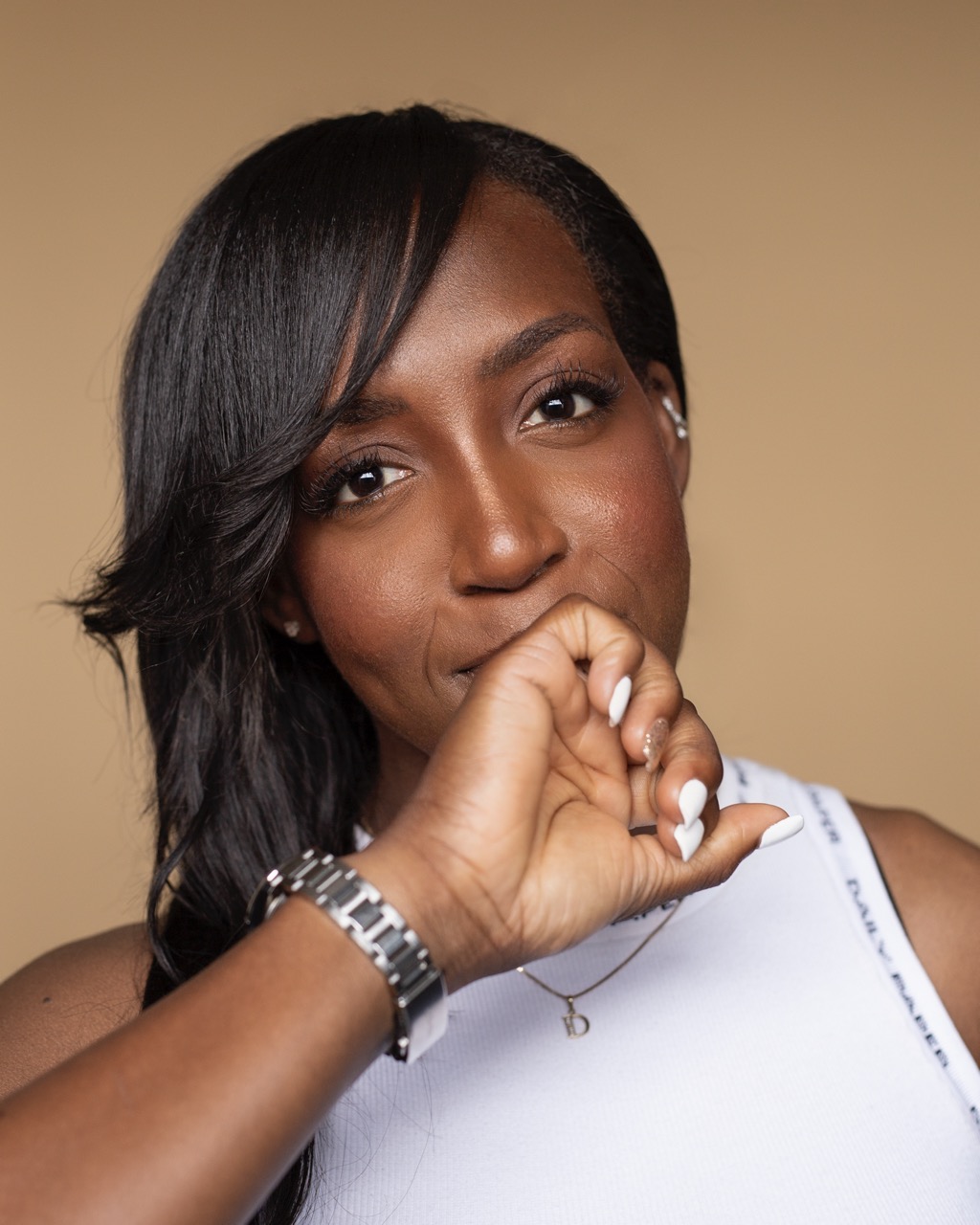
Your work with charities has shown how football can be a tool for education and a support system for young women. Where do you think this passion will lead you, especially working with communities outside of the UK?
Education has been a major aspect in my life growing up. My mum has always emphasised the need for education alongside playing football. So I would always be an advocate of staying in school, getting your education alongside fulfilling your dream or being a footballer.
You have had many highlights in your career, such as scoring a hat-trick in the Euros against Estonia in 2015. Are there any more key moments in your career that stand out for you?
Definitely my, obviously my debut with England, that was a massive moment scoring a hat-trick. And also the following year I scored another hat-trick against Estonia for England. So I’d definitely say having two Caps in six goals, that was major, that was massive for me. Also the FA Cup game against Chelsea at Wembley, that’s the first time Arsenal played at Wembley in the FA Cup, and we won our 14th FA Cup overall. I’d also have to say both my injuries, ACL injuries, were massive factors and moments in my playing career so far.
You have cited Rachel Yankey, Jermain Defoe and Thierry Henry as your role models. What is it about their styles of play that inspired you so much?
They are all very different players and come with different qualities. Rachel Yankey, growing up, she played for Arsenal, England. I supported Arsenal. And, you know, me seeing her play for Arsenal was inspiring. I would say Henri as well, he played for Arsenal, and if you have watched him you know what he’s like, fantastic player. And Jermain Defoe, I think he was always underrated as an individual. So me watching the way he plays, I would love to emulate the way he was able to finish and manipulate the ball.
Whilst injured you continued to be prolific, doing broadcasting and gaining a Distinction for your Masters in Business Administration from Salford University. You have said that you see a future for yourself in the boardroom. Tell us more about your career ambitions beyond playing football?
Yeah you know I tried to keep active and take my mind off all of the rehab. So yeah I was able to actually complete my MBA in the two years. Long term, I would like to see myself in a Senior Executive role within a football club, whether that’s in the men’s game or the female game, I would like to get experience in higher positions in the business aspect of football.
-
This interview was featured in Volume 2 - Purchase a copy here.
